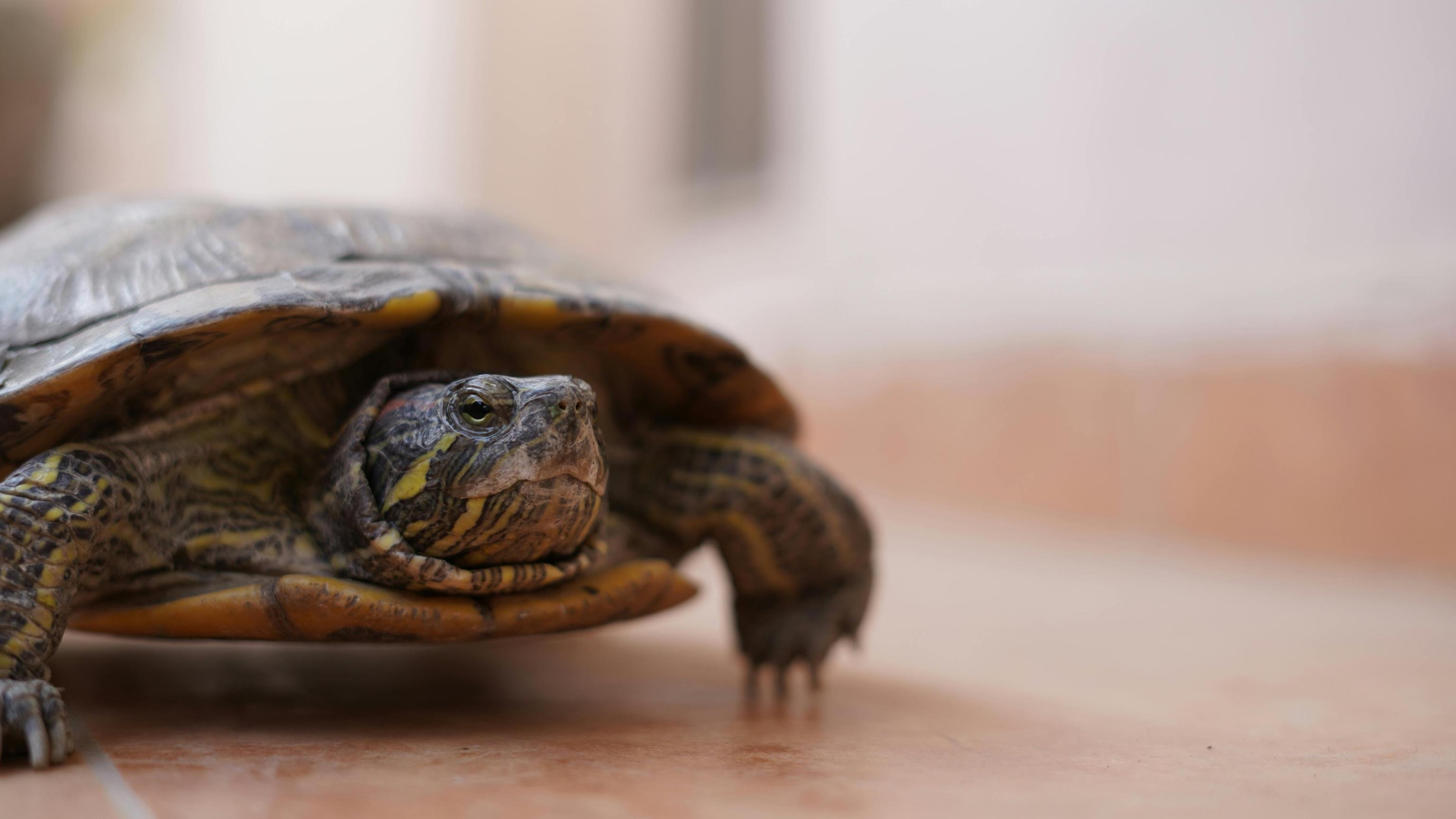Exotic pets are a wonderful addition to many households, offering unique companionship and joy. However, when considering adopting an exotic animal, it’s important to think about their lifespan. Some exotic pets can live for many years, while others may have a shorter life expectancy. Understanding how long your pet might live can help you prepare for their long-term care and ensure a happy, healthy life.
In this blog, we’ll explore the average lifespans of various exotic pets, from reptiles to birds to small mammals. Let’s dive into the expected lifespans by species so you can make the best decision when choosing your new companion.

1. Reptiles
Reptiles are one of the most popular groups of exotic pets. Their longevity can vary significantly depending on the species and care provided. Here are some common reptiles and their lifespan expectations:
-
Turtles & Tortoises
Tortoises and turtles are known for their long lifespans, often living several decades with proper care.- Box Turtles: 30–40 years
- Russian Tortoises: 40–50 years
- Sulcata Tortoises: 50–70 years
- Leopard Tortoises: 50–75 years
- Red-Eared Sliders: 20–30 years
These reptiles require specialized habitats and diets, so it's important to research the specific needs of your pet to ensure a long, healthy life.
-
Snakes
Snakes can also live long lives, especially when provided with the correct environment and nutrition.- Ball Pythons: 20–30 years
- Corn Snakes: 15–20 years
- Boa Constrictors: 20–30 years
- Kingsnakes: 15–20 years
Snakes generally have fewer health problems but require proper temperature regulation and diet to thrive.
-
Lizards Lizards vary greatly in lifespan depending on the species.
- Bearded Dragons: 10–15 years
- Leopard Geckos: 10–20 years
- Chameleons: 5–10 years
- Iguanas: 15–20 years
Bearded dragons and leopard geckos are among the longest-living lizards and are relatively easy to care for with the right setup.

2. Birds
Birds are among the most intelligent and social exotic pets, with some species living for several decades. Lifespan can depend on size, diet, and mental stimulation.
-
Parrots Parrots are known for their long lifespan, especially larger species.
- African Grey Parrots: 40–60 years
- Macaws: 50–70 years
- Cockatoos: 40–60 years
- Conures: 20–30 years
- Budgerigars (Budgies): 5–10 years
Parrots are highly social creatures, so providing them with proper socialization and a varied diet is key to their long-term health and well-being.
-
Canaries and Finches
Smaller bird species, such as canaries and finches, tend to have shorter lifespans.- Canaries: 10–15 years
- Finches: 5–10 years
These birds may not live as long as larger parrots, but they can still provide years of companionship when properly cared for.

3. Small Mammals
Small mammals like guinea pigs, rabbits, and hamsters are also popular exotic pets, though their lifespans are usually shorter compared to reptiles and birds.
-
Guinea Pigs: 5–7 years
Guinea pigs are social animals that thrive in pairs or groups. With proper care, they can live a relatively long and healthy life. -
Rabbits: 8–12 years
Rabbits are wonderful pets, but they require a lot of care, including a proper diet, daily exercise, and grooming. -
Hamsters: 2–3 years
Hamsters have a short lifespan, but they are easy to care for and can make great pets for children or those with limited space. -
Gerbils: 3–5 years
Like hamsters, gerbils have a shorter lifespan, but they are social and active, requiring minimal care. -
Ferrets: 6–8 years
Ferrets are playful and affectionate pets, but they have relatively short lifespans compared to some other exotic mammals.
4. Amphibians
Amphibians like frogs and salamanders are unique exotic pets with a variety of lifespans depending on the species.
-
African Clawed Frogs: 5–10 years
These aquatic frogs are hardy and easy to care for but may have a shorter lifespan than other exotic pets. -
Tree Frogs: 5–10 years
Tree frogs are relatively easy to care for and can live for a decade or more with the right conditions. -
Newts and Salamanders: 5–15 years
Some species of newts and salamanders can live a long time if their environment is carefully maintained.
5. Exotic Fish
Exotic fish are a popular choice for aquarium enthusiasts. The lifespan of fish can vary greatly depending on species, tank conditions, and care.
-
Betta Fish: 2–5 years
Betta fish are beautiful but short-lived, often living only a few years. -
Goldfish: 10–20 years
Goldfish are known for their longevity, especially when kept in a large, well-maintained tank. -
Koi Fish: 25–35 years
Koi fish can live remarkably long lives, often outliving their owners if they are cared for properly. -
Cichlids: 10–15 years
Cichlids are hardy fish that can live for over a decade with proper care and the right tank conditions.
The lifespan of exotic pets can vary greatly depending on the species, their environment, and the care they receive. As a potential exotic pet owner, it's essential to research the specific needs of the species you’re considering and prepare for their long-term care.
While some exotic pets, such as turtles and macaws, may live for several decades, others like hamsters or betta fish may only live for a few years. The key to a long, healthy life for your exotic pet is providing them with the right habitat, diet, medical care, and attention.
At Ingleside Animal Hospital, we’re dedicated to supporting exotic pet owners with expert advice and veterinary care to ensure your pet thrives. If you have any questions about exotic pet care or need guidance on providing the best care for your companion, don’t hesitate to contact us!
If you have questions and you'd like to reach out to us, you can call us directly at (602) 833-7511, or you can email us at [email protected]. Don't forget to follow us on social media Facebook, Instagram.
